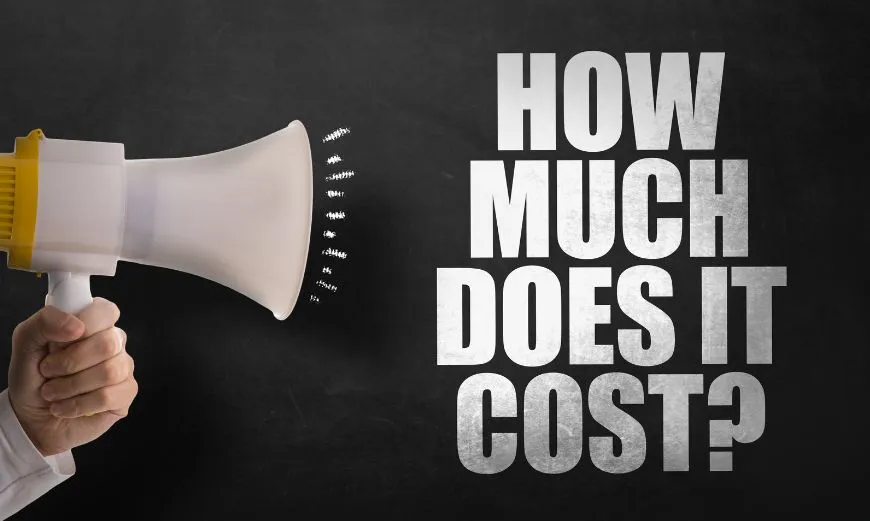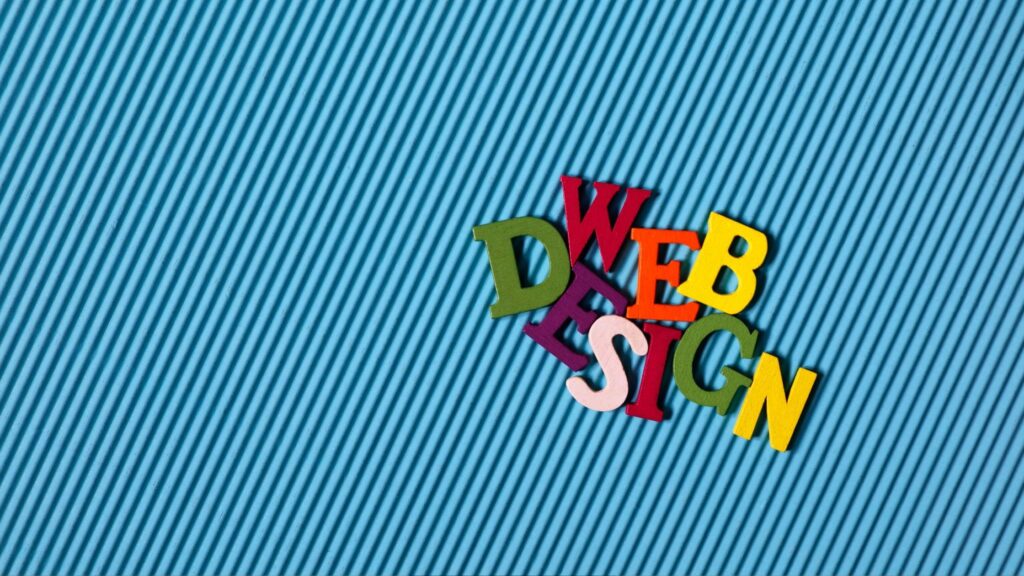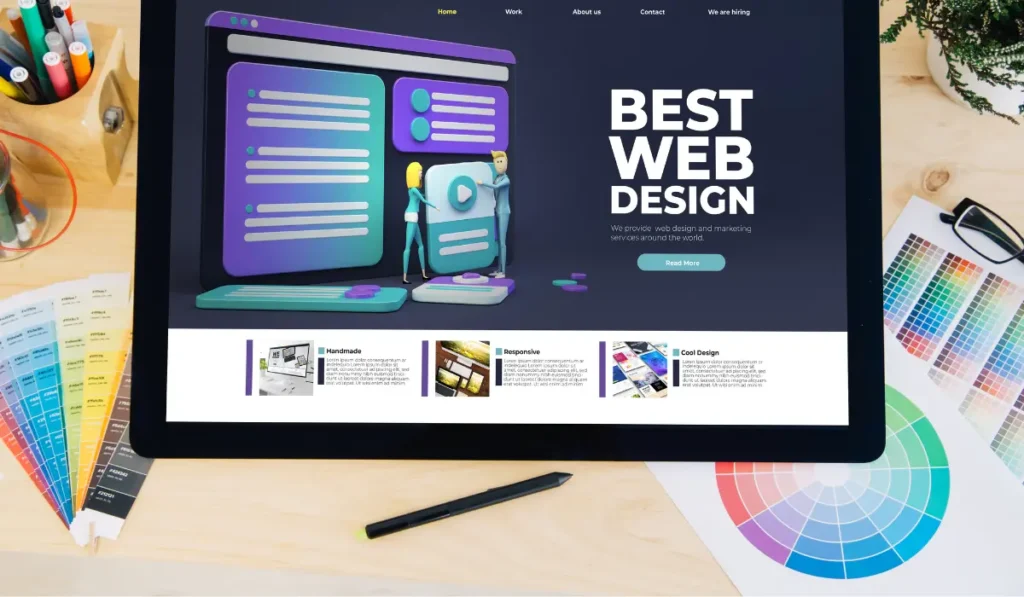Establishing a strong online presence is crucial for construction businesses, and a well-designed website plays a pivotal role. However, the cost of construction website design can vary based on several factors. In this comprehensive guide, we’ll explore the elements that influence the pricing of construction website design, helping you understand how much to budget for an effective online representation of your construction company.
1. Scope of the Project
The scope of your construction website project significantly impacts the cost. A simple brochure-style website with basic features will cost less than a complex, feature-rich website with advanced functionalities such as project galleries, client portals, and interactive elements. Clearly defining the scope of your project is essential in determining the overall cost.
2. Design Complexity and Customization
The level of design complexity and customization required for your construction website directly influences the cost. If you opt for a template-based design with minimal customization, the cost will be lower. However, a highly customized design tailored to your brand identity and specific requirements will incur additional expenses. Balancing aesthetics and functionality is key to achieving the desired look within budget constraints.
3. Responsive Design for Multiple Devices
Ensuring that your construction website is responsive and functions seamlessly on various devices is crucial. The need for responsive design adds to the overall cost, as it involves optimizing the layout and user experience for desktops, tablets, and mobile devices. Prioritizing responsive design is essential in reaching a broader audience and improving user satisfaction.
4. Content Management System (CMS)
The choice of a Content Management System (CMS) impacts both functionality and cost. Open-source CMS options like WordPress may be more cost-effective, but they may require additional customization. On the other hand, proprietary CMS solutions may have higher upfront costs but can offer more tailored functionalities. Consider your specific needs and budget constraints when selecting a CMS for your construction website.
5. E-commerce Functionality
If your construction business involves selling products or services online, incorporating e-commerce functionality will affect the overall cost. An e-commerce-enabled website requires secure payment gateways, product catalogs, inventory management systems, and additional security measures. The complexity of e-commerce features will contribute to the final pricing of your construction website design.
6. Integration of Interactive Elements
Interactive elements such as contact forms, project portfolios, and social media feeds enhance user engagement but can increase development costs. The integration of these features requires additional programming and testing to ensure seamless functionality. Evaluate the necessity of interactive elements based on your business goals and target audience.
7. Search Engine Optimization (SEO)
Optimizing your construction website for search engines is essential for visibility. Including SEO considerations in the design process may incur additional costs. However, an SEO-friendly website is crucial for attracting organic traffic and ranking well in search engine results. Discuss SEO requirements with your web design team to strike a balance between cost and long-term online success.
8. Maintenance and Updates
Regular maintenance and updates are essential to keep your construction website secure, functional, and aligned with industry trends. Some web design agencies offer ongoing maintenance packages, while others charge on an ad-hoc basis. Factor in the cost of maintenance when budgeting for your construction website to ensure its continued effectiveness over time.
9. Quality of Web Design Agency
The expertise and reputation of the web design agency you choose significantly impact the cost of construction website design. Established agencies with a proven track record may charge higher fees, but they often provide a higher level of professionalism, creativity, and support. Evaluate the portfolios and client reviews of potential agencies to make an informed decision based on your budget and expectations.
10. Additional Features and Functionality
If your construction website requires specialized features such as project management tools, client login portals, or advanced analytics, the cost will increase accordingly. Clearly outline the necessary features and functionalities during the project planning phase to ensure accurate pricing and avoid unexpected expenses later in the development process.
Conclusion: Investing in a Powerful Online Presence
Investing in a well-designed construction website is a strategic decision for the success of your business in the digital age. While the cost varies based on factors such as scope, design complexity, and additional features, it’s important to view it as an investment in establishing a powerful online presence and attracting potential clients. Carefully assess your business needs, set a realistic budget, and collaborate with a reputable web design agency to create a construction website that not only meets but exceeds your expectations.



